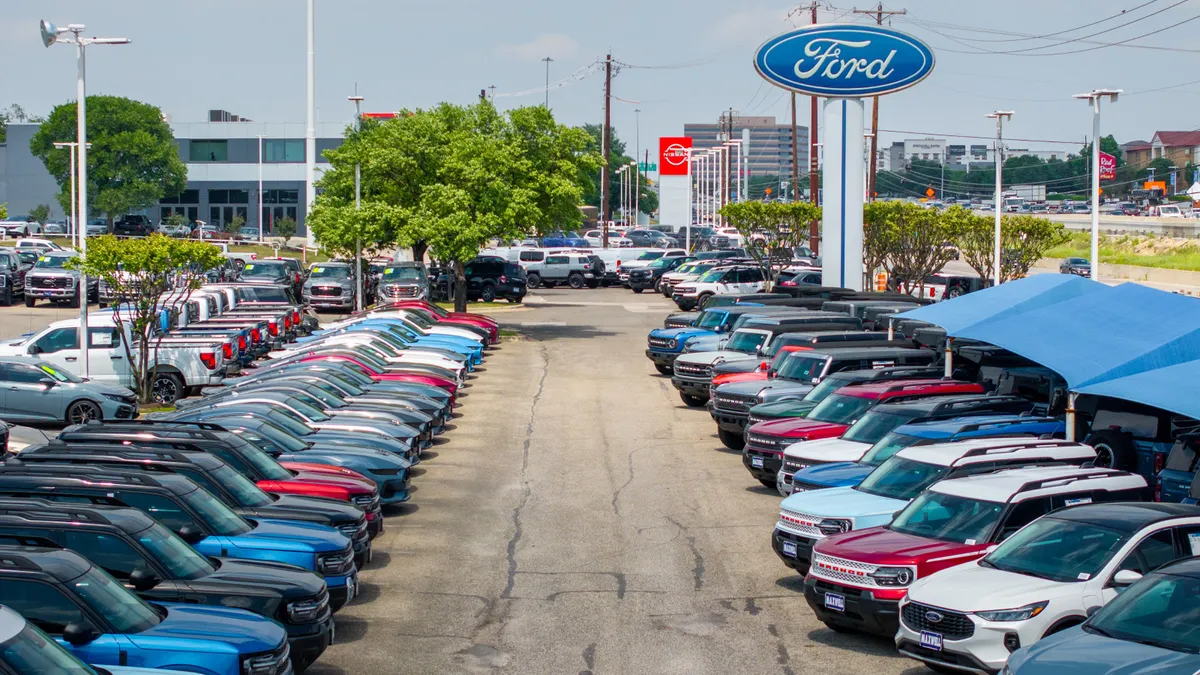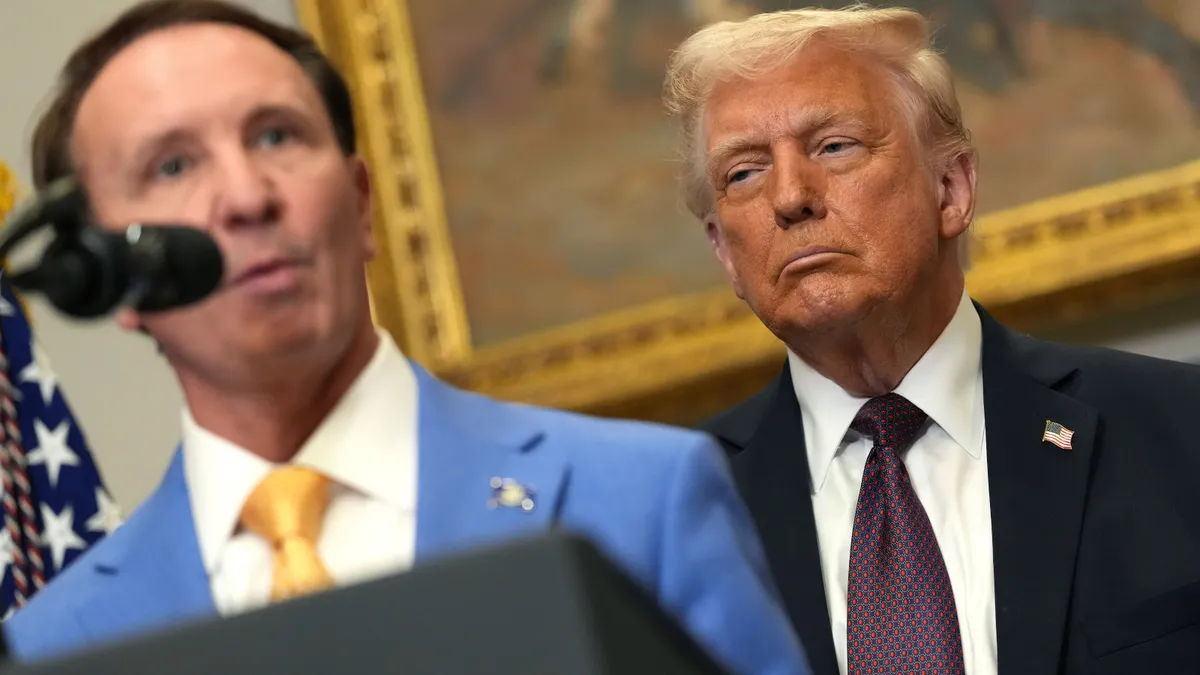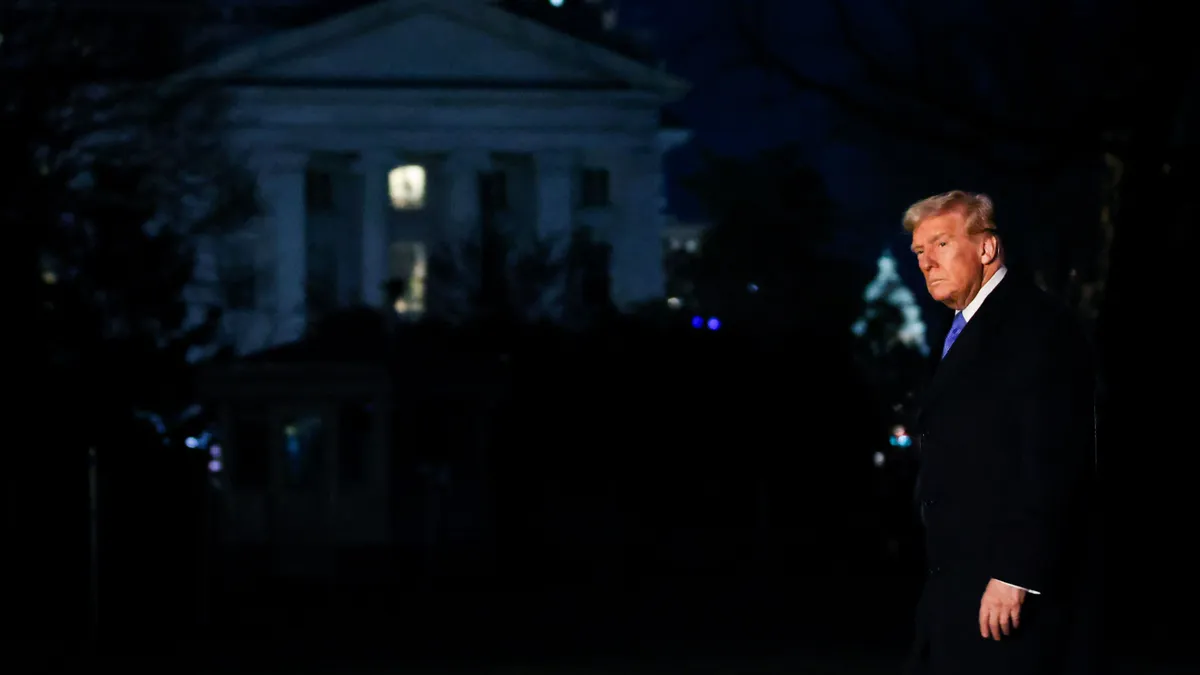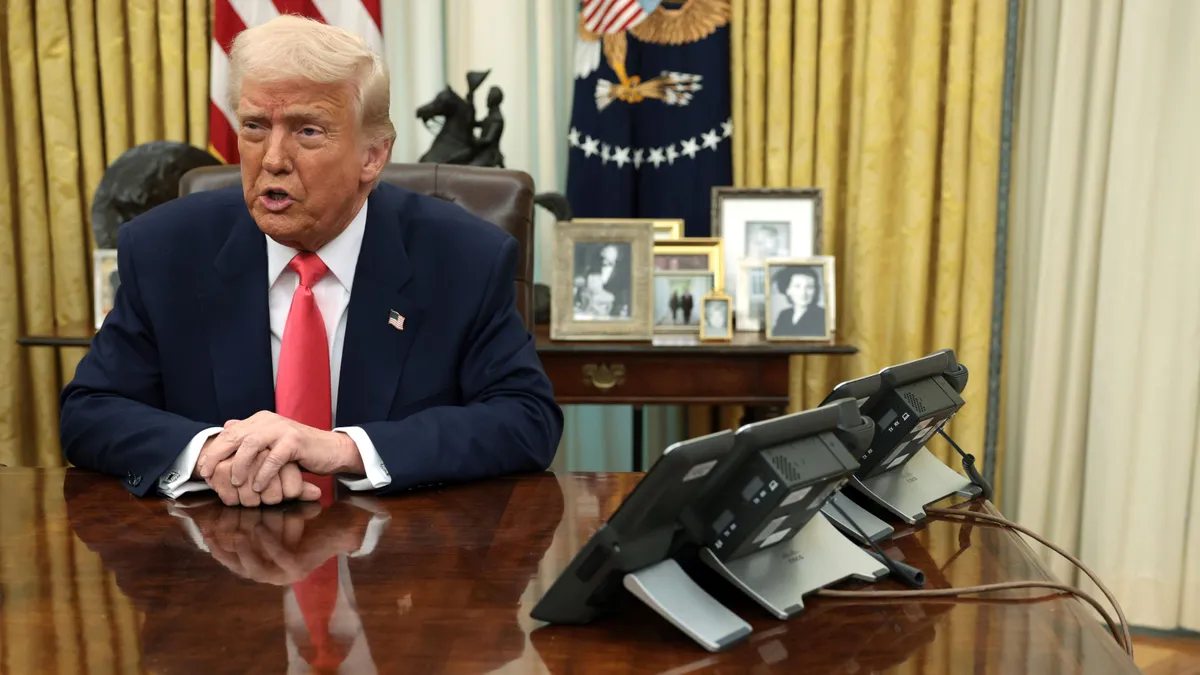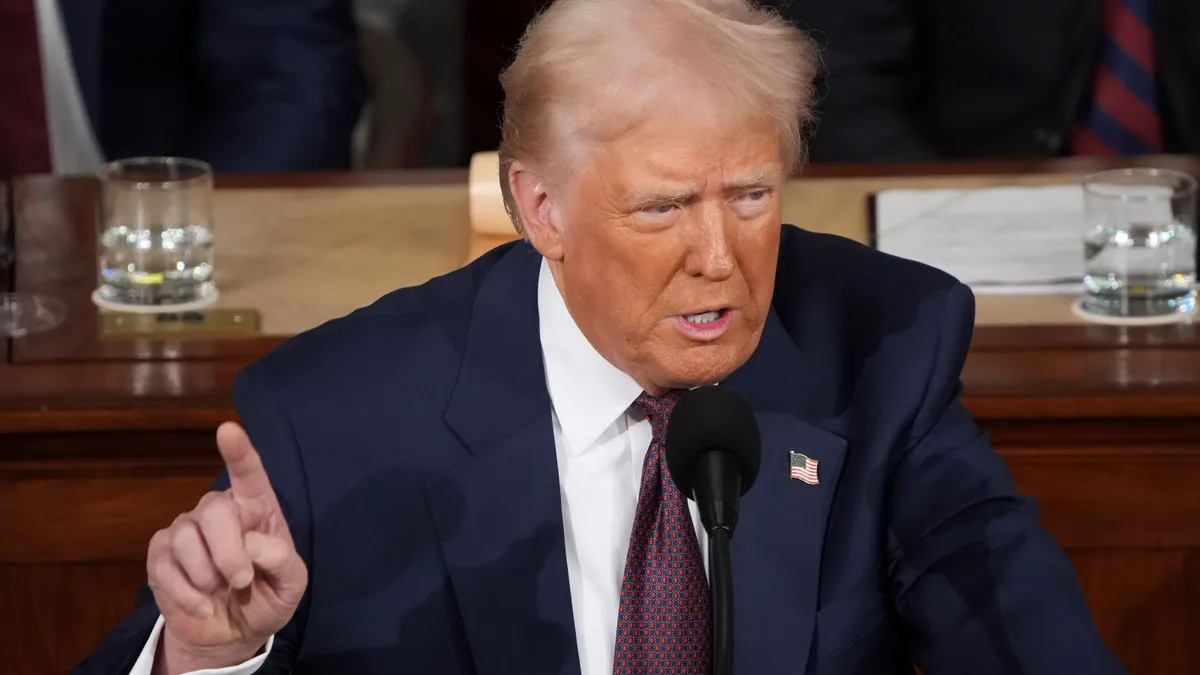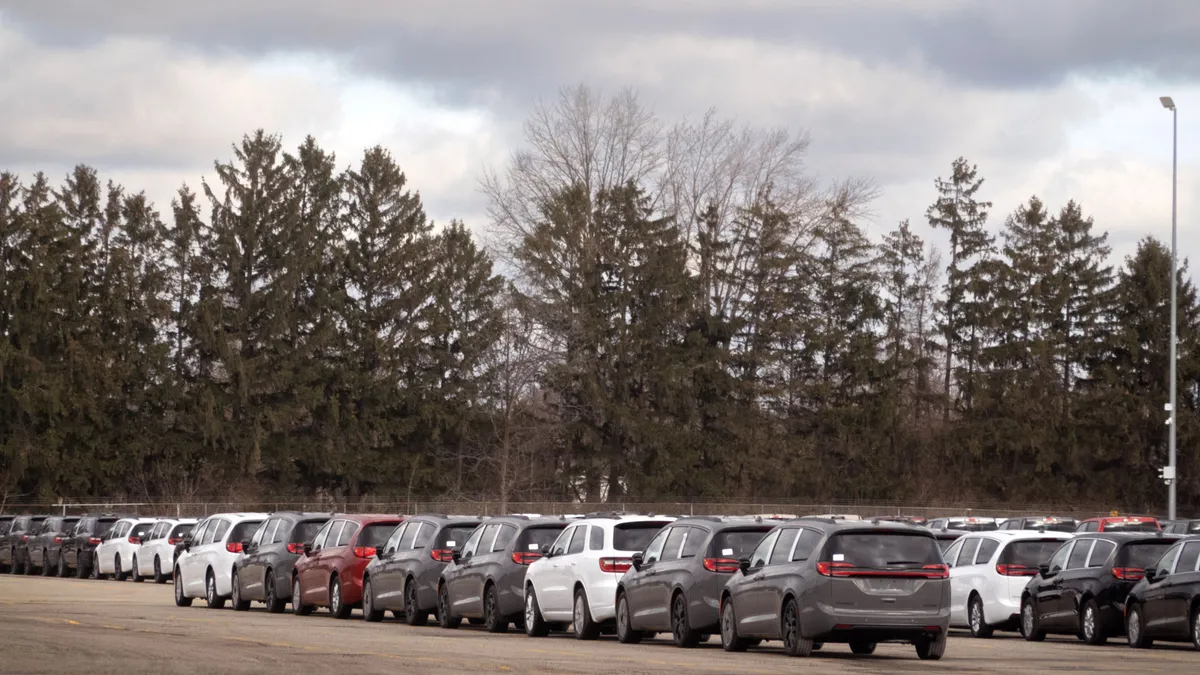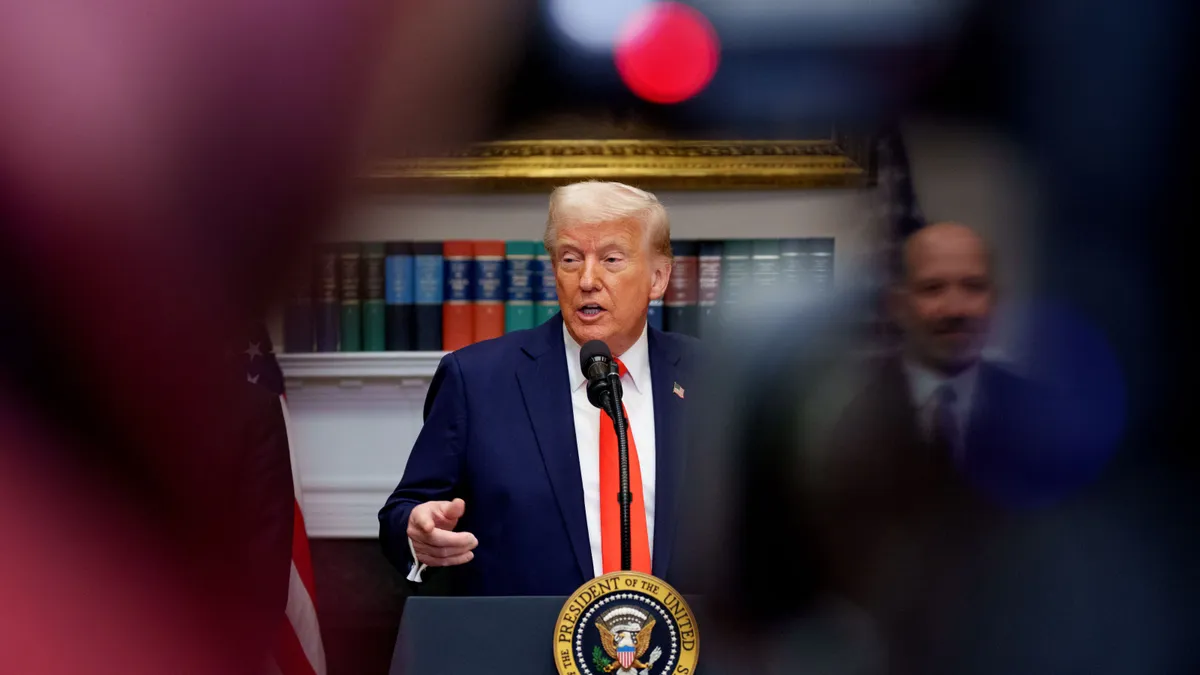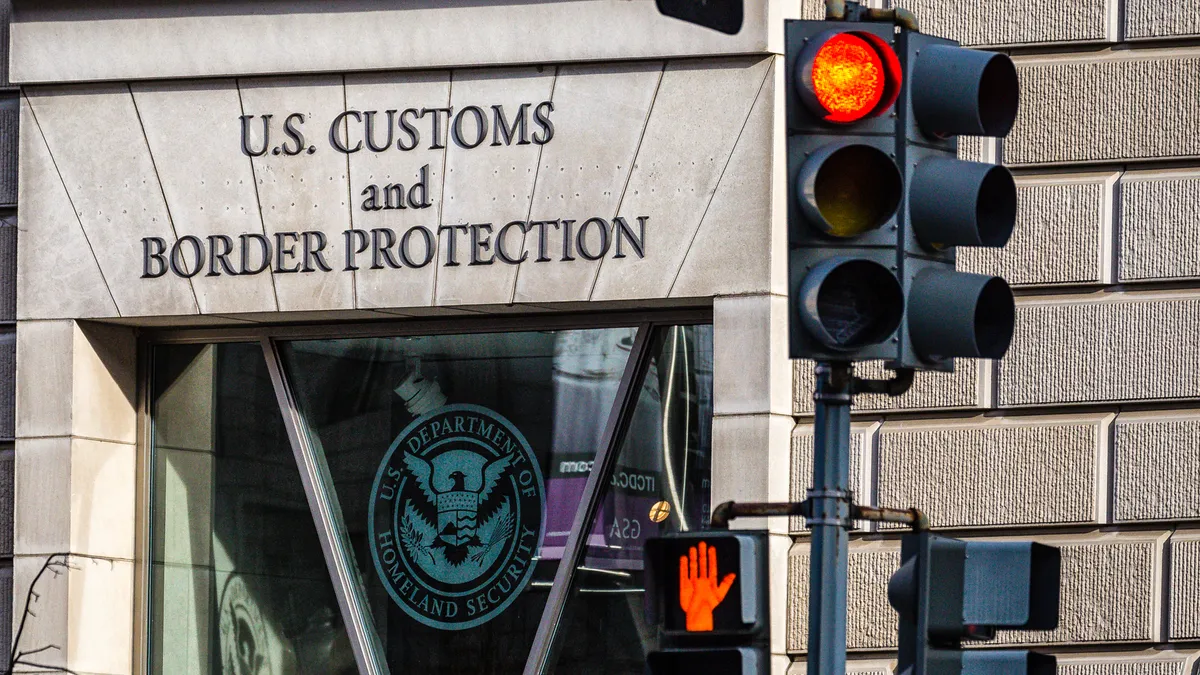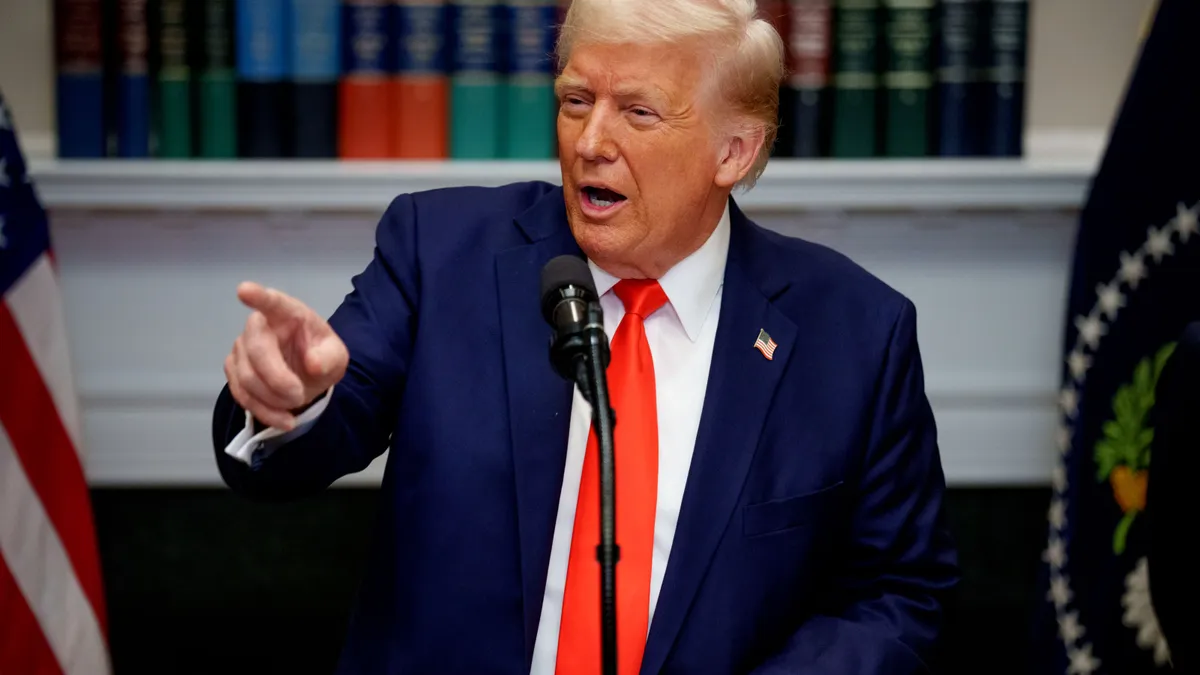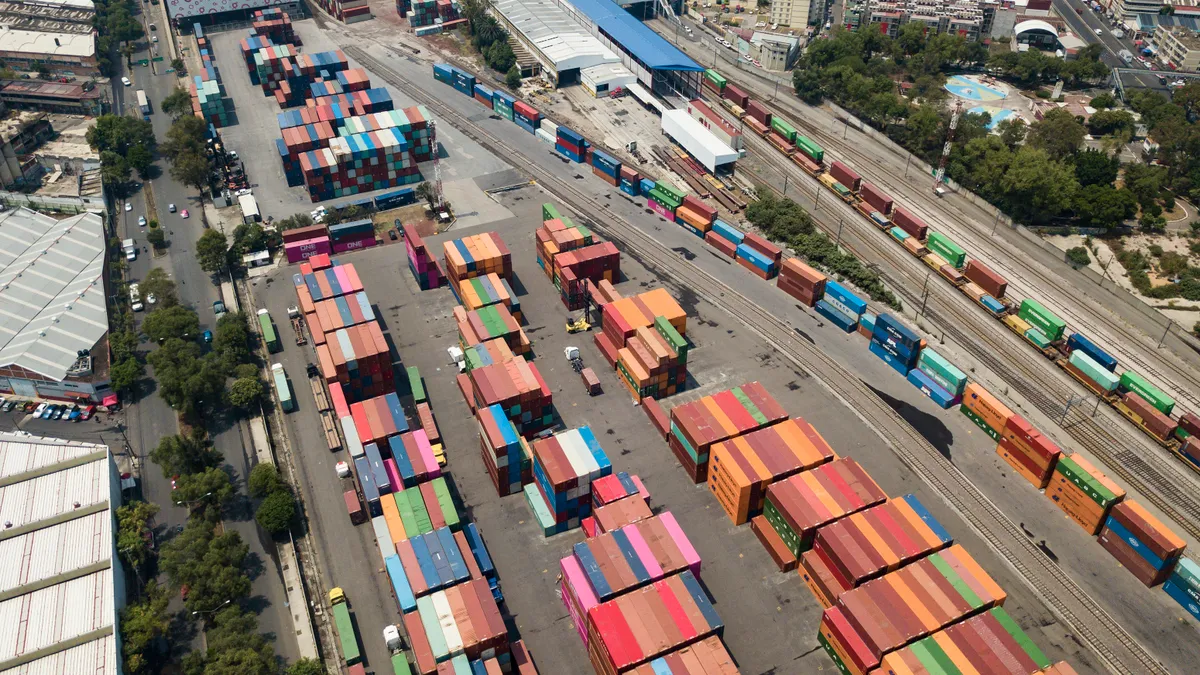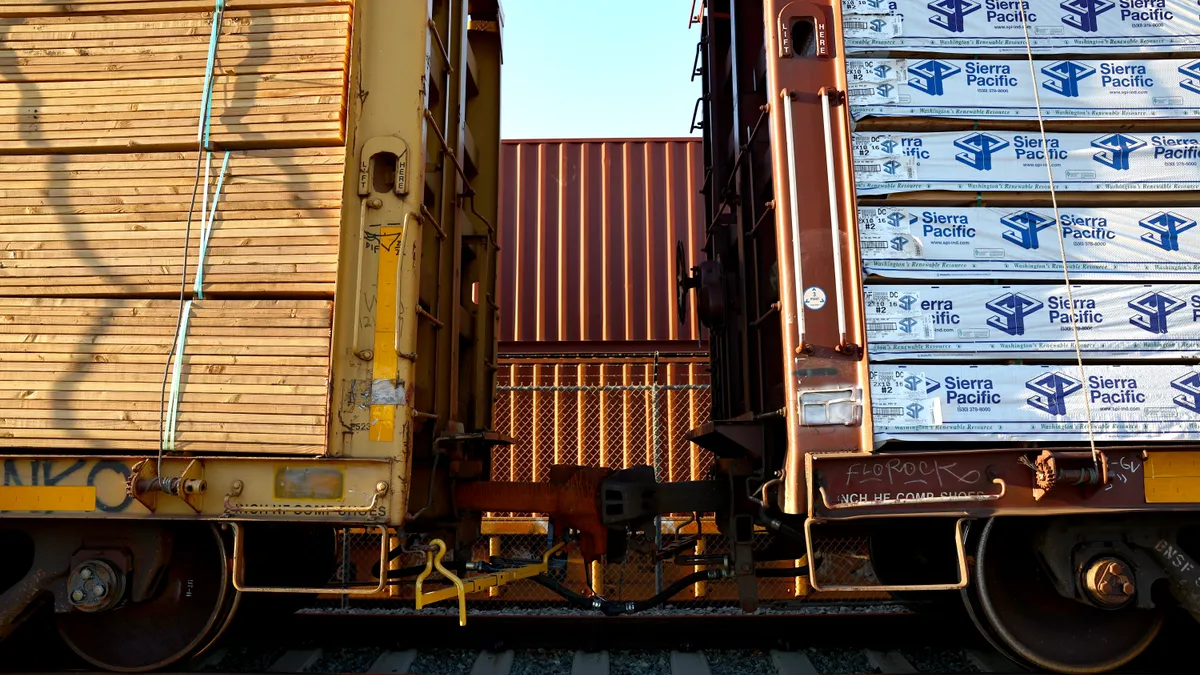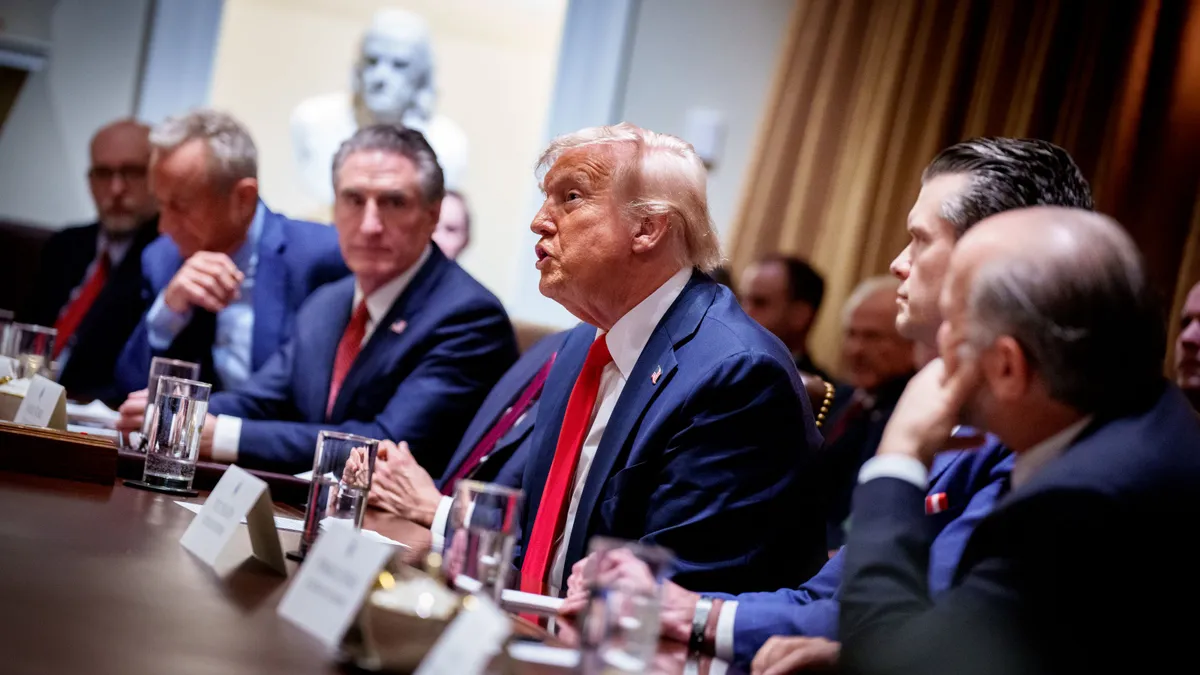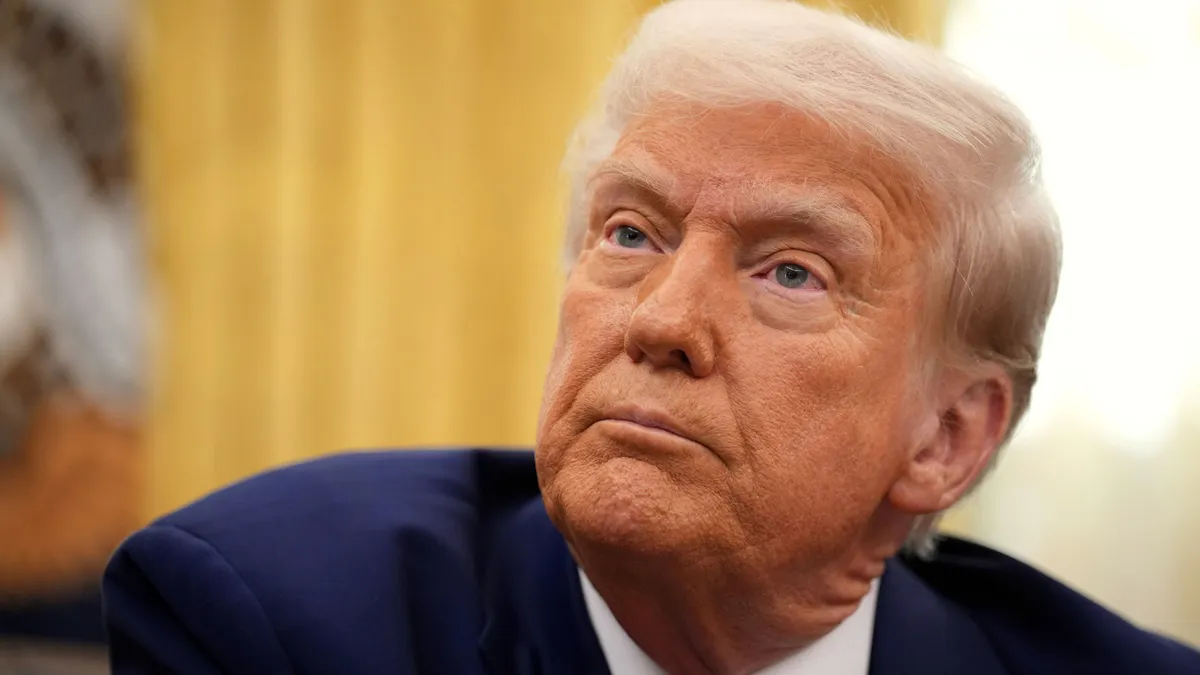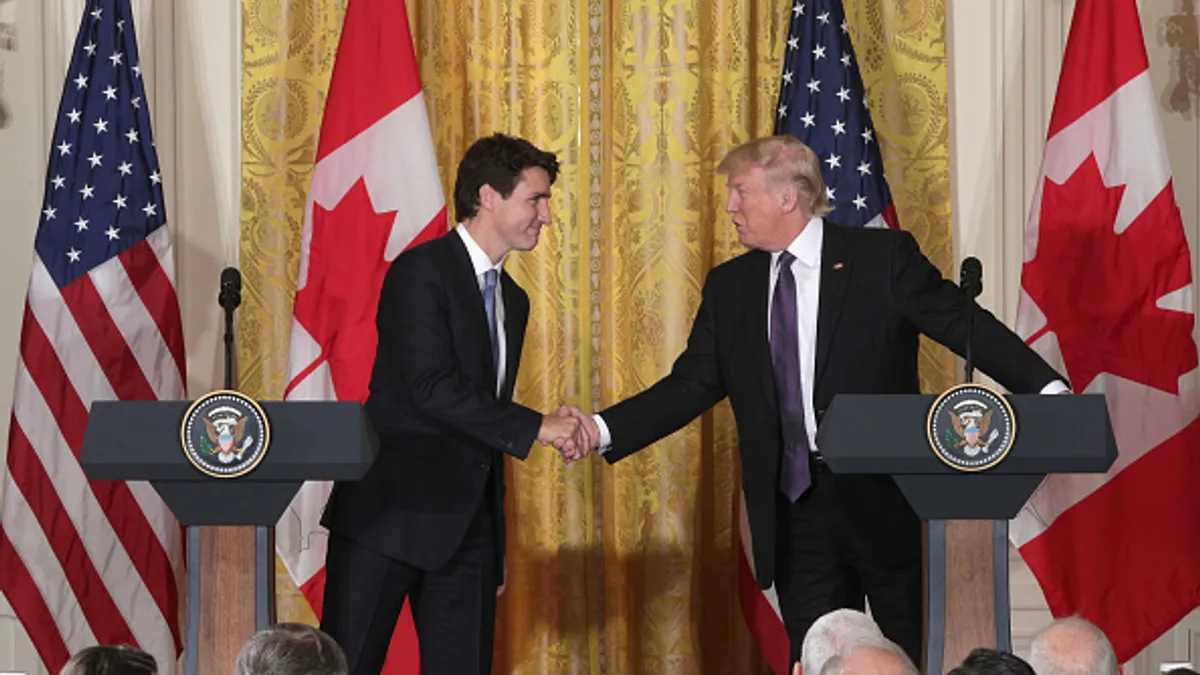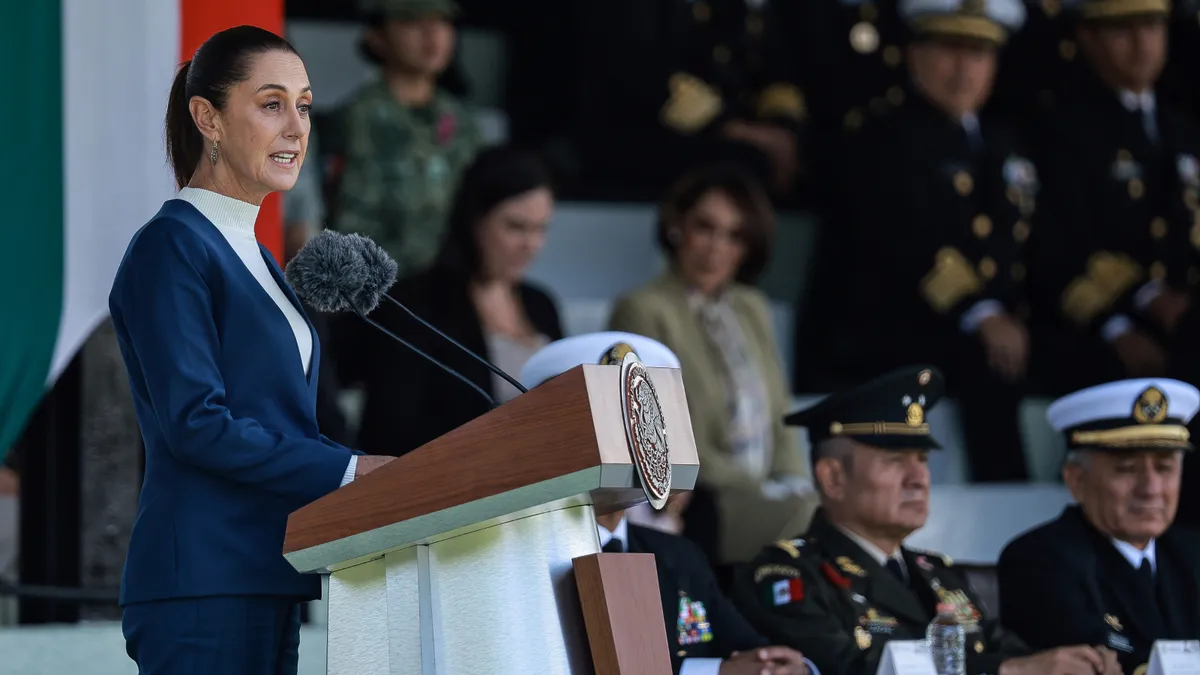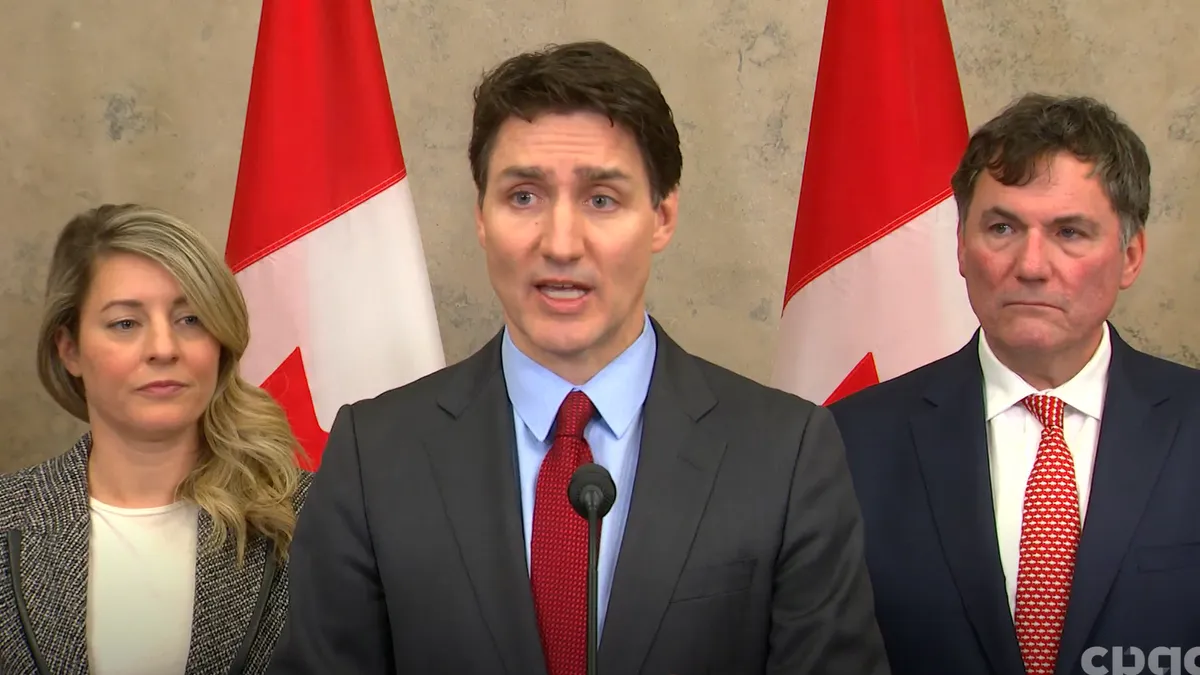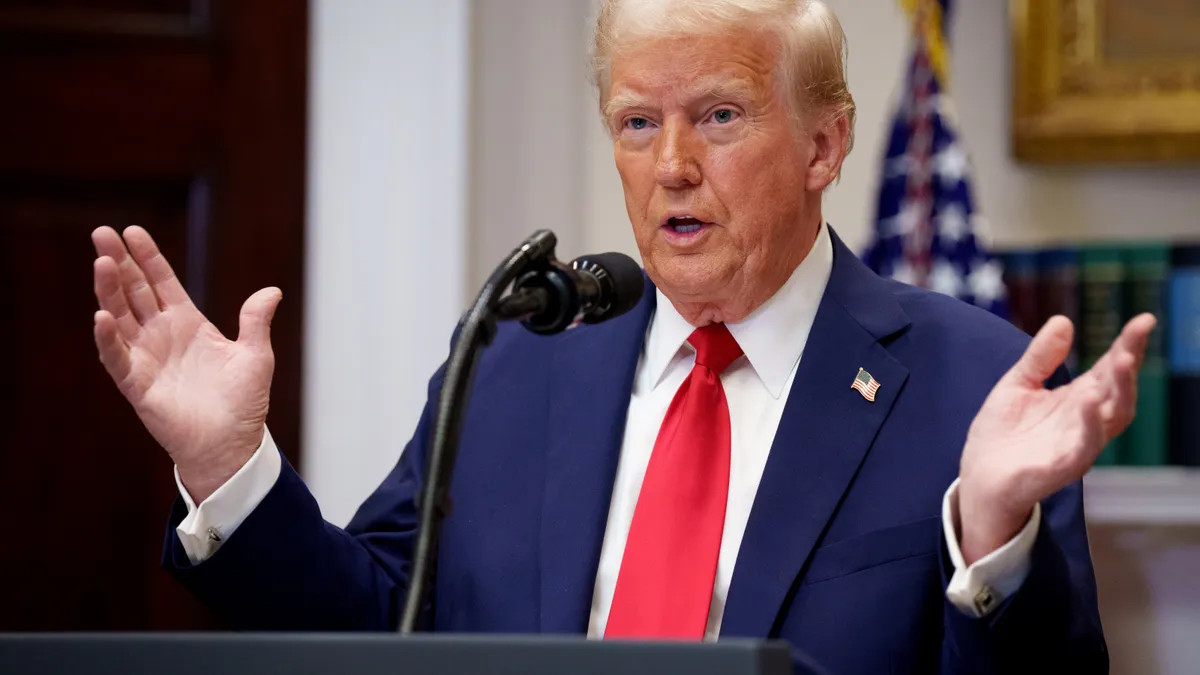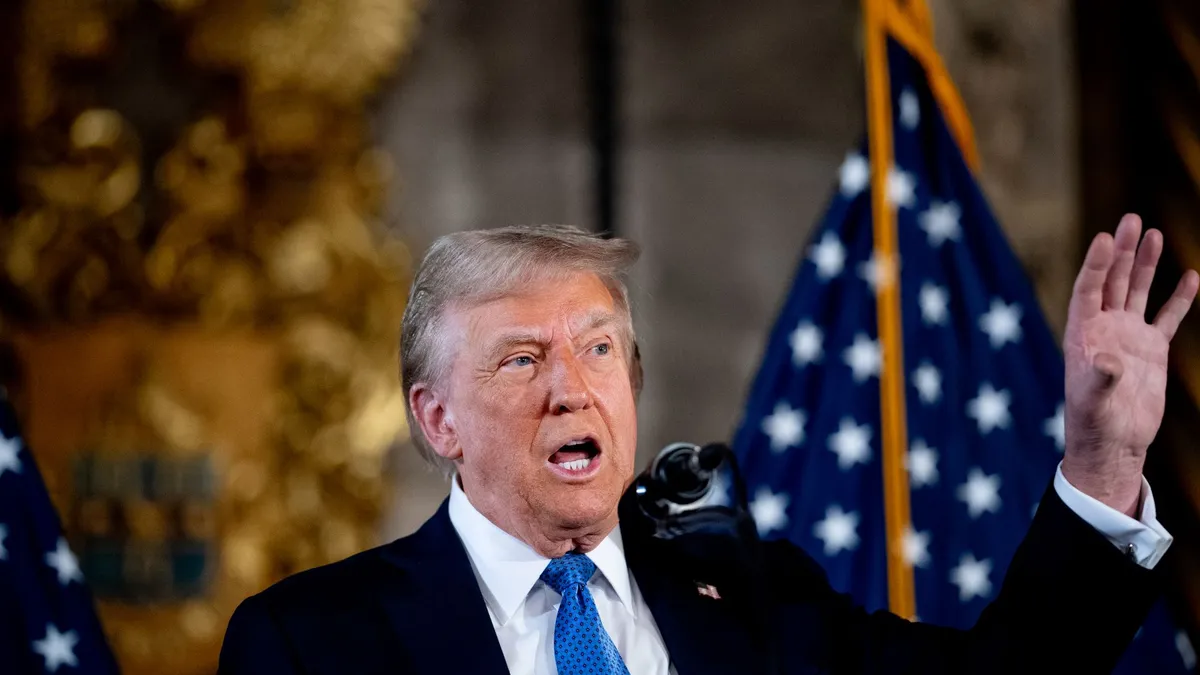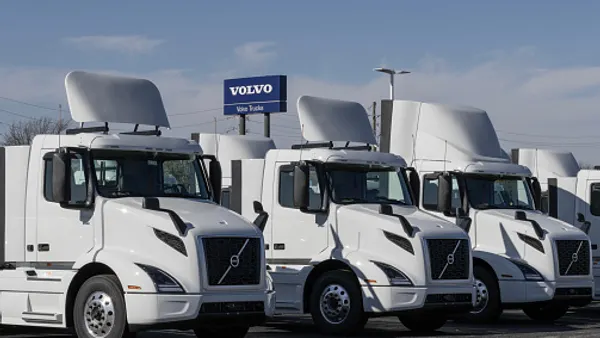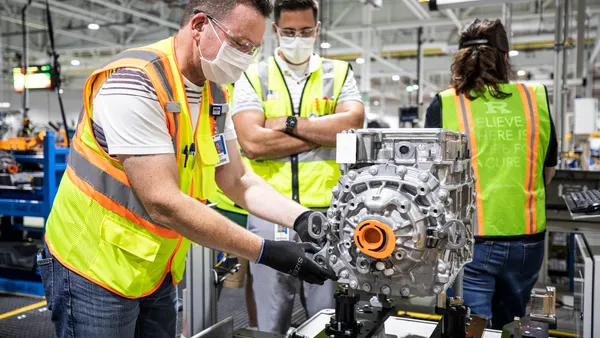The U.S. will reimburse domestic car manufacturers for a portion of the costs related to 25% tariffs on auto parts set to begin May 3, according to an amended executive order President Donald Trump signed Tuesday.
The updated order stipulates that automakers that assemble their vehicles in the U.S. can apply to offset up to 3.75% of their tariff costs related to auto imports for one year, retroactive to April 3. The available offset rate will drop to 2.5% for the next 12-month period and then be removed.
The 3.75% rate was calculated based on the application of the soon-to-be implemented 25% auto parts tariff to vehicles made with 85% U.S. or United States-Mexico-Canada Agreement content, per the amended order. In such an example, the automaker would not pay any tariffs on auto part imports for the next year.
As part of the amended order, the Commerce Department has 30 days to establish a process for automakers to provide the necessary documentation to receive the cost offset. Such information includes domestic production plans, projected tariff costs and importers of record.
The new order does not alter previous 25% auto tariffs enacted by the Trump administration, nor does it impact those on steel and aluminum imports and other sectors. However, in a separate proclamation signed Tuesday, the Trump administration further clarified that current tariffs on imports of steel, aluminum, cars and non-USMCA-compliant goods will not stack on top of duties on auto parts.
Additionally, cars and auto parts compliant with the USMCA are still not subject to 25% tariffs, as the U.S. is establishing a process to tax only non-U.S. content of those parts. The White House said it would have such a process in place no later than May 3 in a previous proclamation, but the administration has yet to provide an update.
Meanwhile, Canada began allowing domestic manufacturers to import a limited number of passenger vehicles and light trucks assembled in the U.S. duty free earlier this month.
Automakers and industry groups have called for leniency from Trump’s barrage of tariffs over the last few months, specifically those targeting cars and parts.
"Automakers would welcome any exemption, but the volatility continues with the trade policy uncertainty,” said Lenny LaRocca, U.S. auto industry leader at KPMG, in an email to Supply Chain Dive. “As we have seen, tariffs can be proposed and revised on short notice. That also doesn't change the broader business strategy questions facing automakers.”
A report from the Center for Automotive Research published prior to Tuesday’s order said tariffs targeting the auto industry would increase costs for all domestic automakers by $107.7 billion in 2025.
The report, commissioned by the American Automotive Policy Council, a trade association representing companies like General Motors, Ford Motor Co. and Stellantis, said those three automakers alone would take a combined $41.9 billion hit. The report also warned its projections could be conservative, given the unknown impacts on cross-border trade and the global nature of the automotive supply chain.



